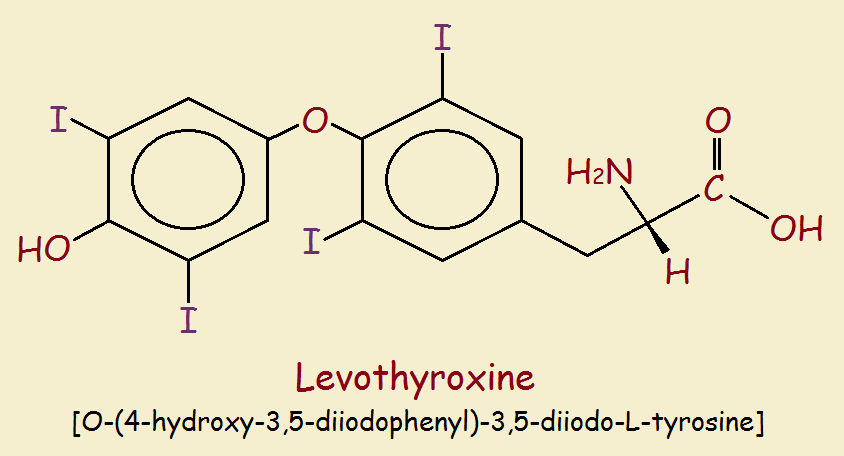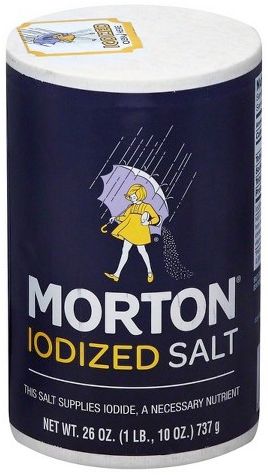 Times change. Travel is now common. Cross-country shipping is common. How does all of this fit in with our discussion concerning seafood, goiter, and iodized salt?
Times change. Travel is now common. Cross-country shipping is common. How does all of this fit in with our discussion concerning seafood, goiter, and iodized salt?
Not long ago, I met a woman, a lovely older lady, who had a very large goiter encircling her neck. It was shocking and I felt so sorry for her. A month later I saw her following surgery and she looked perfectly normal! Many surgeries have come a long way.
Nevertheless, what is the cause of goiter, and how do seafood and iodized salt come into the picture?
What Causes Goiter
This is not a medical article, per se, but touches upon the food chemistry behind the common, endemic variety of hypothyroidism.¹ In time, insufficient thyroid hormone secretion produces a goiter. The hormone lacking is thyroxine. It is replenished using the synthetic levothyroxine. See the image.
Levothyroxine
An examination quickly reveals there are four iodine atoms (I) in each levothyroxine molecule. A long-term shortage of dietary iodine can lessen the body’s ability to produce its own hormone. To avoid the problem, our diet needs to be balanced. What natural food is rich in iodine?
Seafood
Iodine is prevalent in the ocean. It follows that fish and shellfish are rich in iodine.² Consumption of foods such as these, and certain dairy products, assures a healthy level of iodine in the diet. If there is no other source of difficulty, we should experience no hormonal balance and freedom from goiter. But historically, there once was a problem.
History
The introduction of this article discussed how changing times have increased travel and improved shipping. These are relevant to our discussion because iodine-rich seafood once was not commonly available at a reasonable price for many consumers. The result was an iodine-poor diet and a relatively high frequency of goiter. Something had to be done!

Table Salt
America adopted the Swiss idea of adding iodine (iodizing) to ordinary table salt. It makes sense, if you think of it. What more universal substance is sprinkled lightly on the food of most Americans on a daily basis? When I was a child, I recall we would purchase, for about 12 cents per carton, a dark box full of Morton Salt®, which informed the purchaser their product contained iodide, a form of iodine.
Iodized table salt greatly reduced the number of those suffering from hypothyroidism and resulting goiter.
Some have been concerned, as a result, that if they lower their salt intake, their likelihood of contracting hypothyroidism might greatly increase. The web site Harvard Health, cited below, assures us, that is most unlikely. Besides, fish is widely available these days to most citizens of the U.S.
¹ See the references below for the medical aspects of goiter.
² Curiously, certain seaweeds contain a huge amount of iodine.
References:
← Back to Food and Health
← Home
